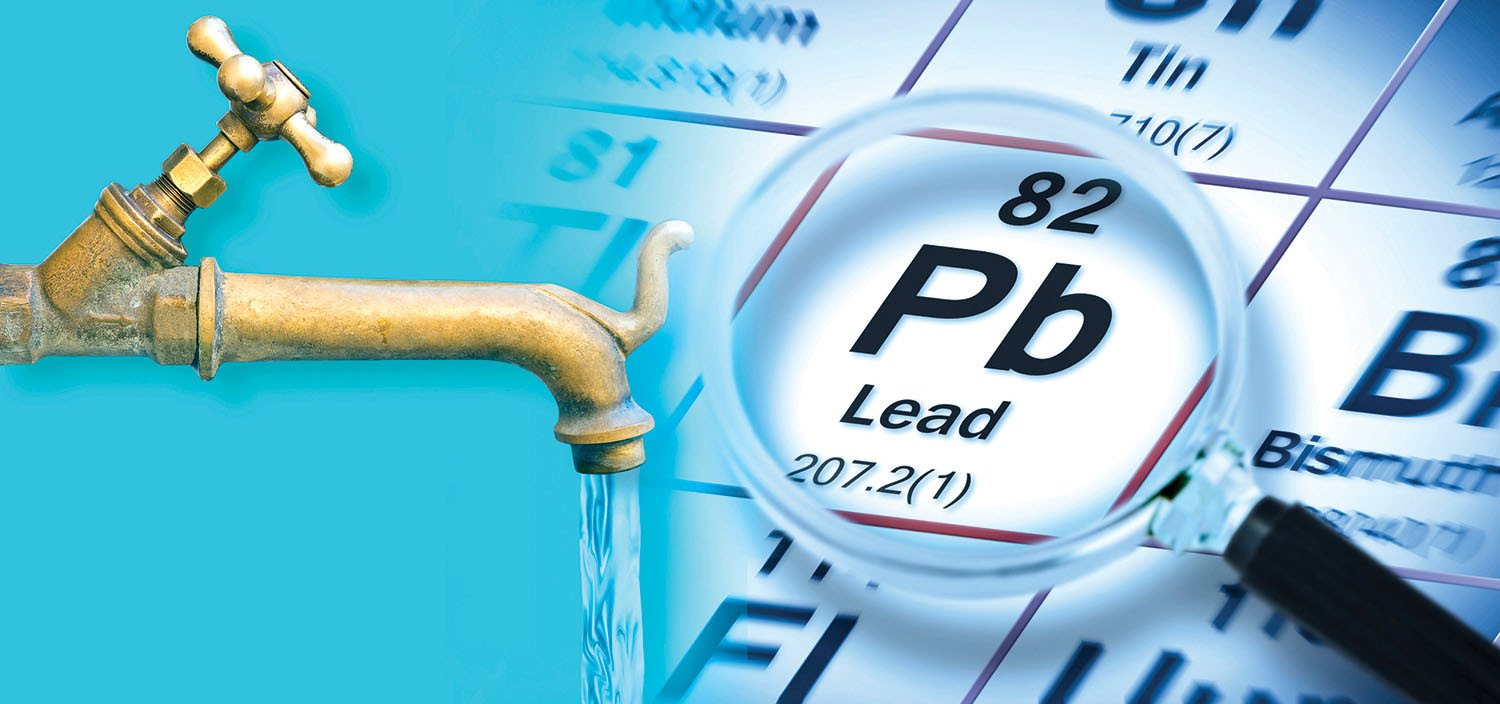
Trying to lose weight? Be careful not to lose muscle

Is your skin problem actually an autoimmune condition?

People with diabetes face higher risk of hearing loss

Antibiotic-free fixes for recurrent UTIs

Musculoskeletal syndrome of menopause: When menopause makes you ache all over

When can older women stop getting mammograms?

To lose weight, especially harmful belly fat, combine diet and exercise

Can men hold off on treating recurring prostate cancer?

The 7 types of rest and why we need them all

What are the early warning signs of cervical cancer?
Environmental health Archive
Articles
How to choose period products
While period products are often single-use items like tampons and pads, reusable products are gaining in popularity. Deciding which products to use depends on how a person feels about cost, comfort, safety, and environmental impact.
The dirt on soil and water pollution
Soil and water pollution from heavy metals, pesticides, and microplastics may affect a person's risk of cardiovascular disease. These pollutants can enter the body when people eat crops grown in dirty soil, drink water contaminated by dirty soil, or inhale soil dust. Lead, cadmium, and arsenic are among the most pressing concerns. Potentially helpful actions include testing one's drinking water, buying organic foods, and minimizing plastic use.
Have a gas stove? How to reduce pollution that may harm health
Cooking with gas stoves releases nitrogen dioxide and gas appliances introduce other toxic chemicals into homes, but people can take steps to protect their household and help improve outdoor air quality, too.
"Forever" chemicals linked to high blood pressure in women
High blood levels of synthetic chemicals known as PFAS (some of which are found in much of the nation's drinking water) have been linked to a greater risk of high blood pressure in middle-aged women.
A refresher on childhood asthma: What families should know and do
Asthma is the most common chronic lung disease in children, and it can make life more difficult and less enjoyable for both children and their parents. The good news is that asthma is very treatable; here's what families need to know.
Thunderstorm asthma: Bad weather, allergies, and asthma attacks
Thunderstorm asthma is an attack that starts or worsens after a thunderstorm. It can occur in anyone with asthma, but it most often affects people with seasonal allergies. There are several risk factors that make experiencing this phenomenon more likely, so it's important to know what these are.
Heart problems and the heat: What to know and do
High temperatures raise risk for heat exhaustion and heat stroke, and also stress the cardiovascular system, making the heart work harder. If you have a heart condition, here's how to keep cool and protect yourself when temperatures rise.
If climate change keeps you up at night, here's how to cope
Climate anxiety is distress related to worries about how the effects of climate change. It's more likely to affect adolescents and young adults, leading to chronic stress, depression, anxiety, behavioral problems, and more. What can you do to manage climate anxiety in yourself or a young person in your life?
Want to try veganism? Here's how to get started
Some people decide to adopt a vegan diet because of concerns about the health effects of eating animal products; for others it's more about concern for animal welfare and the environment. Regardless of the motivation, those who want to make this change should anticipate potential pitfalls and be aware of issues specific to vegan eating.
Poor housing harms health in American Indian and Alaska Native communities
In American Indian and Alaska Native tribal communities, poor housing conditions have led to high rates of health problems and disability, underscoring the need for adequate, affordable housing designed for people of all ages and abilities.

Trying to lose weight? Be careful not to lose muscle

Is your skin problem actually an autoimmune condition?

People with diabetes face higher risk of hearing loss

Antibiotic-free fixes for recurrent UTIs

Musculoskeletal syndrome of menopause: When menopause makes you ache all over

When can older women stop getting mammograms?

To lose weight, especially harmful belly fat, combine diet and exercise

Can men hold off on treating recurring prostate cancer?

The 7 types of rest and why we need them all

What are the early warning signs of cervical cancer?
Free Healthbeat Signup
Get the latest in health news delivered to your inbox!
Sign Up











